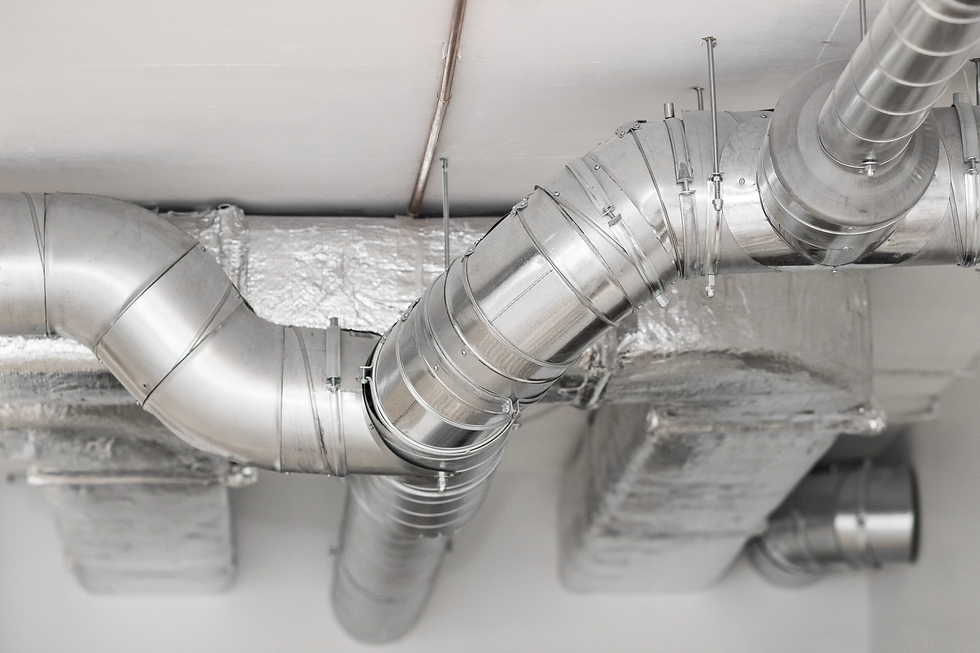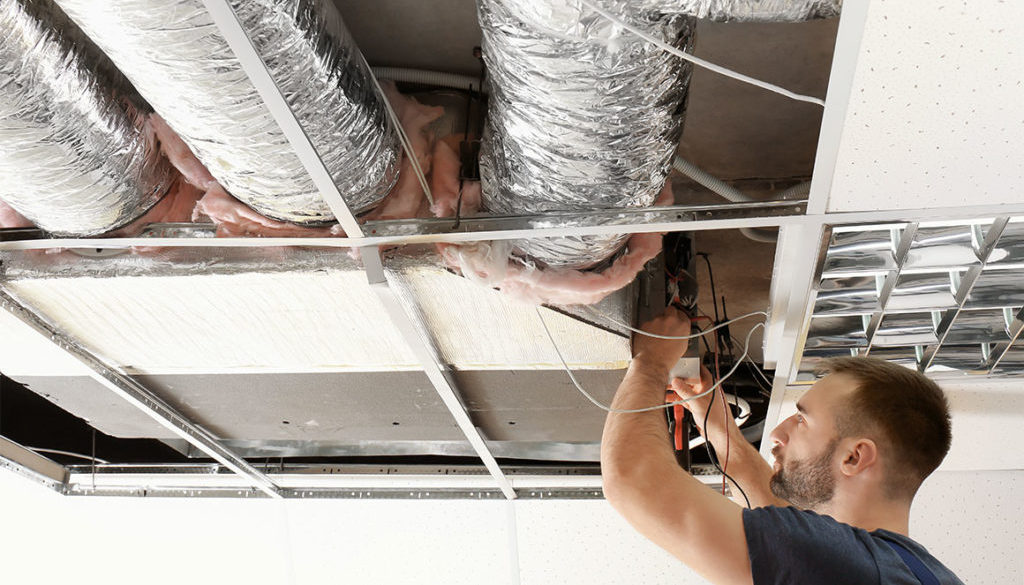
Introduction to Air Duct Contamination
Air quality is a vital aspect of a healthy home environment. However, many overlook the importance of clean air ducts. The primary question that often arises is, do dirty air ducts cause allergies? It’s a significant concern as poor air quality can lead to various health issues. Learn about air duct cleaning here.
Addressing this issue requires a clear understanding of how air ducts work and their role in maintaining indoor air quality. Dirty ducts can be a hotspot for allergens such as dust, pollen, and mold, which may trigger respiratory problems.
How Air Ducts Can Accumulate Dirt
The first step in tackling allergenic air ducts is recognising how they accumulate dirt over time. Air ducts are part of an HVAC system, which circulates air throughout a home, collecting dust and debris along the way. Without regular maintenance, these particles can accumulate in the ducts, reducing air quality.
Understanding how this process works can help homeowners implement effective maintenance strategies and ensure a healthier living space.
Impact of Dust and Allergens
Dirty air ducts can significantly impact indoor air quality. As dust and allergens accumulate, they can be circulated throughout the home. This circulation increases the risk of allergies and respiratory issues among inhabitants. Regular cleaning can greatly reduce these risks.
Common Allergens Found in Air Ducts
The most common allergens found in dirty air ducts include:
- Dust mites
- Pollen
- Mold spores
- Pet dander
These allergens are usually trapped within the ducts due to lack of cleaning, which can directly impact health, especially for those with pre-existing conditions such as asthma or allergies.
Health Implications of Dirty Air Ducts
Exposure to allergens from dirty air ducts can be particularly harmful to sensitive individuals. The symptoms can range from mild sneezing and coughing to more severe reactions like asthma attacks. As the air ducts circulate contaminated air, these risks are heightened significantly.
Thorough duct cleaning alleviates these symptoms and promotes overall better air quality, thus maintaining a healthier environment.
Preventive Measures and Maintenance
Consistent cleaning and inspection are key factors in preventing allergies from dirty air ducts. Homeowners should schedule regular maintenance and duct cleaning to avoid the buildup of harmful allergens. Systems should be checked for mold and other signs of contamination.
Professional Duct Cleaning Services
Engaging professional duct cleaning services ensures thorough cleaning and inspection of the air ducts. Experts have the tools and knowledge necessary to effectively clean the ducts and improve the indoor air quality significantly.
Benefits of Clean Air Ducts
Clean air ducts not only reduce the risk of allergies but also improve the efficiency of an HVAC system. This efficiency can lead to lower energy bills and prolong the system’s lifespan, making regular maintenance a cost-effective measure in the long run.
Conclusion
In conclusion, while dirty air ducts can indeed cause and exacerbate allergies, consistent cleaning and maintenance mitigate these risks. Understanding the role of air ducts in maintaining air quality, coupled with regular professional cleaning, promotes a healthier living environment for all household members. For more tips and insights on maintaining your home, visit how to maintain a crawl space.

FAQs
Are all air ducts susceptible to dirt and allergens?
Yes, any air duct that is part of an HVAC system can accumulate dirt and allergens over time if not properly maintained.
How often should air ducts be cleaned?
It’s generally recommended to have your air ducts cleaned every three to five years, although this can vary depending on factors such as location and the presence of pets.
Can I clean air ducts myself?
While some basic cleaning can be done by homeowners, professional cleaning services are recommended to ensure thorough cleaning and inspection.
This article contains affiliate links. We may earn a commission at no extra cost to you.






